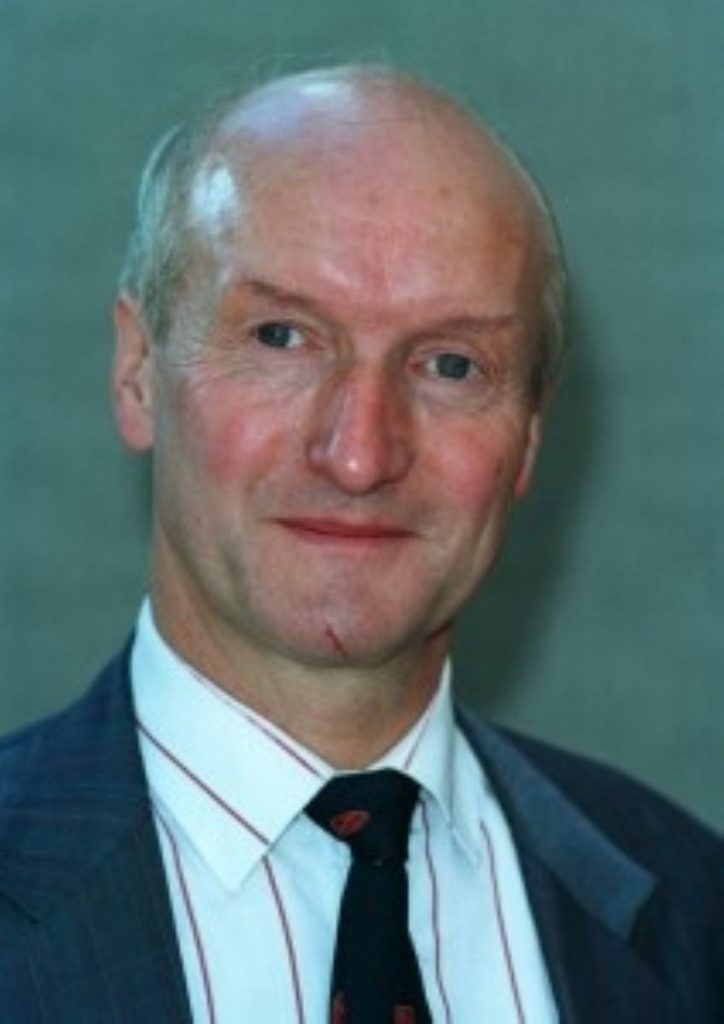MPs criticise government over Iraq probe
An influential committee of MPs has questioned the government’s lack of cooperation with its Iraq inquiry.
The Foreign Affairs Committee is calling for greater powers for Parliamentary committees to summon ministers, civil servants or documents during inquiries.
MPs on the select committee were angered by prime minister Tony Blair’s refusal to give evidence to its inquiry last year into the decision to go to war in Iraq. The committee was also denied access to key intelligence officials and documents on grounds of national security.
However, the same officials and papers later appeared at Lord Hutton’s inquiry into the death of Ministry of Defence weapons expert Dr David Kelly and before the Intelligence and Security Committee.


The Foreign Affairs Committee took the unusual step of presenting a special report to the whole House of Commons. The report calls on MPs to consider sanctions against ministers who refuse to appear before an inquiry or allow officials to give evidence.
The committee claims that the whole select committee process risks going into decline if it is not given access to intelligence material and insists that current powers “are in practice unenforceable”.
The MPs are now calling for the matter to be debated in Parliament. The report also calls for changes to the secretive Joint Intelligence Committee, which oversees the work of the intelligence and security services.
Donald Anderson, chairman of the Foreign Affairs committee, said the report was agreed unanimously, adding: “We are a committee of Parliament, our job is to scrutinise the executive and we believe that we have been denied the tools to do our job effectively.”
Committee member Andrew Mackinlay, a Labour MP, said: “There can be no greater duty of examining the case, even if it is retrospectively, whether or not the government exaggerated the case presented to Parliament for people going to war.
“That was our duty last summer … and it was that which we were hampered from doing.”

